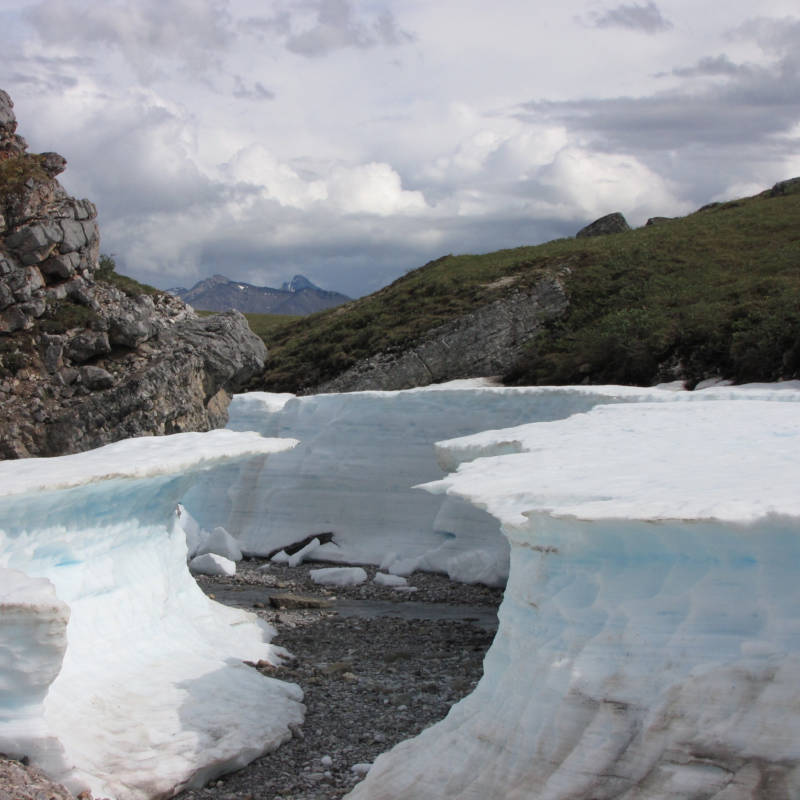
Australia’s Chief Climate Commissioner, Tim Flannery, stopped by KQED this morning for an appearance on Forum, the station’s live call-in program. He spoke about the status of international climate agreements and expressed hope for the process, which is not something I came across very often as a reporter at the UN climate talks in Cancun last December.
“We’re slowly gaining the ability to cooperate globally,” he told KQED’s Michael Krasny. “It’s a race against time, and whether we win or not is an open question.”
He cited China’s investments in renewable energy and India’s tax on coal as evidence that the world is slowly beginning to take more steps reduce greenhouse gas emissions in efforts to fight climate change.
“Even the poorest countries are doing things,” he said. “The rest of the world is moving, and the United States and Canada are the laggards,” he said.
He noted that while California is ahead of the game with its plans for launching a cap and trade program next year, “a national approach is necessary.”
As we reported yesterday, a new study out from the Arctic Monitoring and Assessment Programme finds that climate change could cause global sea levels to rise as much as five feet this century, which is a major increase from the one-to-two feet the IPCC projected in its 2007 report. This new projection, Flannery said, takes into account melting polar regions, whereas previous studies have relied mainly on the water-expanding effect of warmer ocean temperatures.
“This is serious,” he said. “One-point-five feet is serious enough. Five feet I find incomprehensible. We’ve got to face emissions, yes, but we’ve also got to face the fact that we need to adapt to these rising seas, and that is going to be pricey. And we need to start now.”
He said that includes changing how and where communities put transit and how they develop their waterfronts.
And –actually — the San Francisco Urban Planning and Research Association (SPUR) is trying to help Bay Area cities and agencies do just that with a report they’ve released today. The report, “Climate Change Hits Home,”points out that the Bay Area’s biggest risk from climate change this century will be more intense heat waves, water shortages, and rising seas, and it outlines an action plan for how communities can start addressing those threats.
You can listen to the full interview with Flannery as well as one with Laura Tam of SPUR about the Bay Area report on the Forum website.
